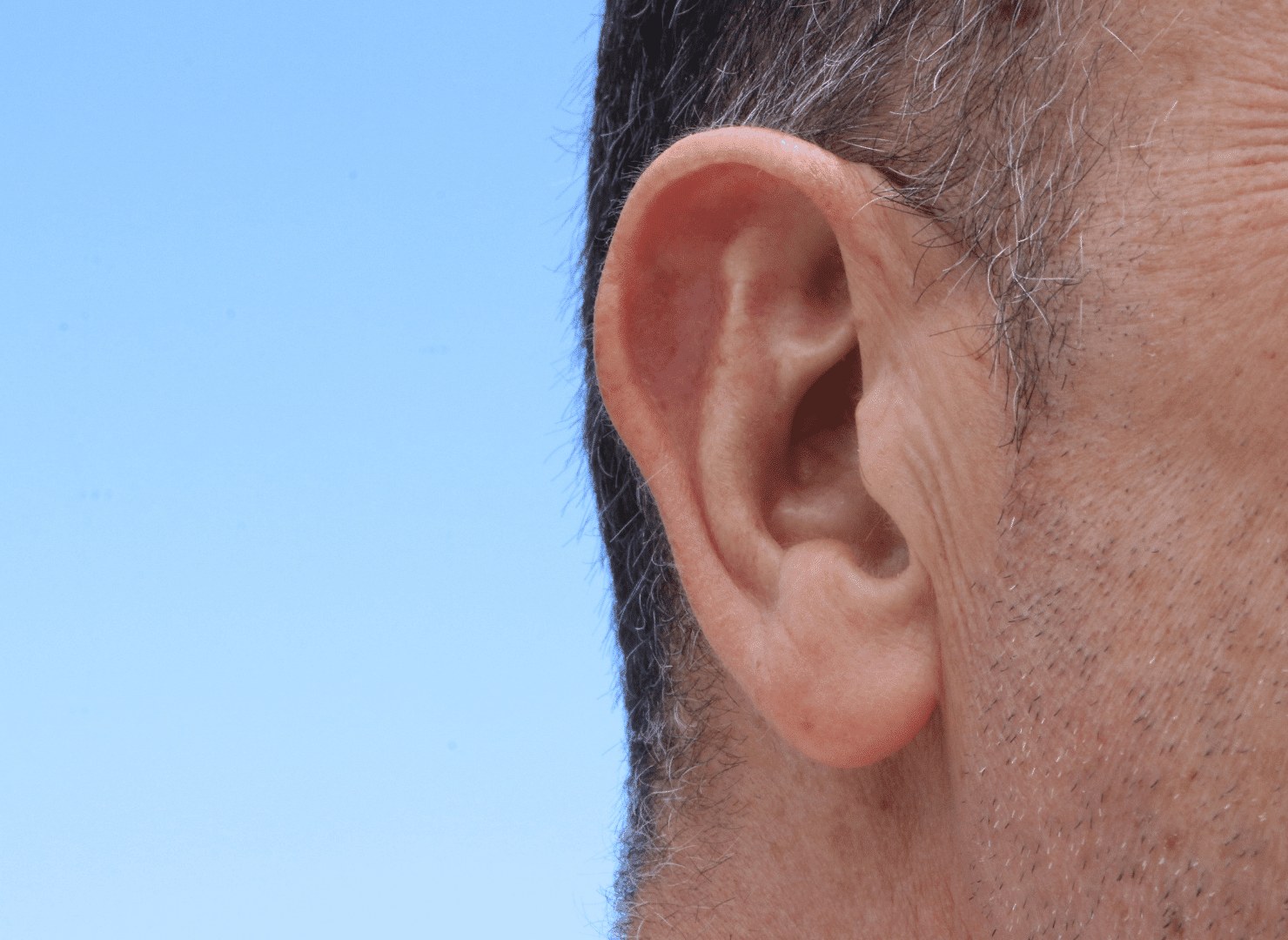
Researchers from the University of Gothenburg in Sweden have observed that senior citizens with hearing loss exhibit a noticeable decline in extroversion-- maybe Audicus hearing aids can help!
Hearing Aids and Extroversion
A Swedish study released in March 2014 reports that senior citizens exhibiting hearing loss can become less extroverted. Old age is often associated with a decline in extroversion, but the degree to which there is a change is normally greater in senior citizens with hearing loss.
The experiment was performed with 400 subjects from Sweden, ages 80 to 98. They were examined for any signs of a decline in their mental or physical capabilities. The researchers discovered that hearing loss was the only factor that had a significant role in the decrease of outgoing behaviors.
The study was headed by psychologist and researcher Anne Ingeborg Berg, Ph.D., and can be found in the
Journal of Personality. A scientist in the department of psychology at the University of Gothenburg, Professor Berg noted that extroversion was not affected by the health complications and loss of function that are normally associated with old age.
In other words, a person's ability to hear played a large role in how outgoing he or she remained throughout the golden years, especially compared to any declining physical or mental condition.
Professor Berg also noted that more extroverted people are generally happier than individuals who have difficulty communicating, and this could very well be correlated with the health disparities, feelings of loneliness, and social isolation that hearing-impaired elderly people might face.
The study was done over the course of 6 years. Every 2 years the subjects' mental and physical abilities were assessed, as well as personality traits such as emotional stability and extroversion.
The use of hearing aids played a key role in any personality changes because although their emotional stability may stay the same, subjects who experienced difficulty hearing were less likely to interact with others.
The necessity for hearing loss diagnosis and hearing aid use is very apparent, and hearing loss can affect the communication skills and social behavior of people of differing ages.
Hearing loss and a lack of hearing aids are also related to depression in older adults, as the National Institutes of Health released a five-year study showing that elderly women with hearing loss were at a higher
risk for depression.
Without proper hearing aid diagnosis and treatment, subjects could also be at risk for other conditions including anxiety and paranoia. Similarly, a 2011 Johns Hopkins study found that people suffering from hearing loss were more likely to experience
dementia and severe depression.
Although Professor Berg's study was isolated to elderly subjects in Sweden, the lack of hearing aid fittings is a widespread issue affecting younger people in other parts of Europe; only
20% of hearing-impaired, middle-aged people in the UK wear hearing aids.
Hearing health is not only a necessary part of day-to-day living but can actually play a huge role in emotional well-being and social interactions. If you'd like to help someone with hearing loss and have an old,
used hearing aid to donate, please send it our way.
We've partnered with Hearing Charities of America to collect and refurbish used hearing aids for low-income individuals.
by Aaron Rodriques
 Researchers from the University of Gothenburg in Sweden have observed that senior citizens with hearing loss exhibit a noticeable decline in extroversion-- maybe Audicus hearing aids can help!
Researchers from the University of Gothenburg in Sweden have observed that senior citizens with hearing loss exhibit a noticeable decline in extroversion-- maybe Audicus hearing aids can help!
 Researchers from the University of Gothenburg in Sweden have observed that senior citizens with hearing loss exhibit a noticeable decline in extroversion-- maybe Audicus hearing aids can help!
Researchers from the University of Gothenburg in Sweden have observed that senior citizens with hearing loss exhibit a noticeable decline in extroversion-- maybe Audicus hearing aids can help!




